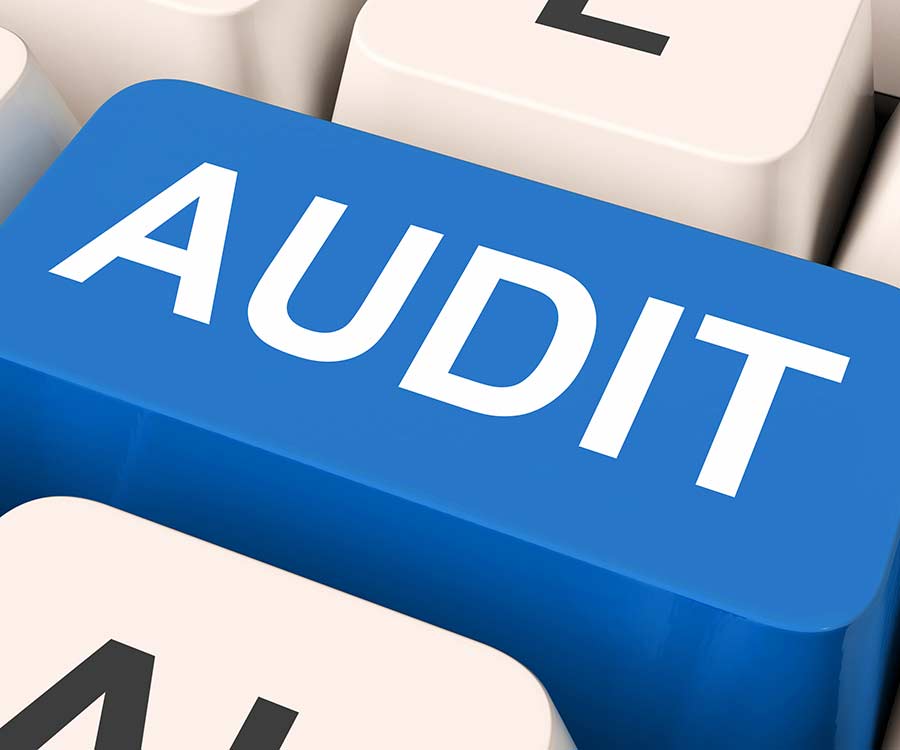In an effort to close the $450 billion tax gap, the Internal Revenue Service has announced that it will increase audits of small businesses in 2013. The IRS will be taking a closer look at a number of key audit areas in which under-reporting of taxes is most likely to occur. If you’re a small business owner, you need to be aware of what the IRS will be focusing on and how to reduce your chances of being selected for an audit.
1. Worker Classification
One of the top concerns for the IRS is how small businesses classify their workers. Financially speaking, it’s better for the bottom line when businesses classify workers as independent contractors instead of employees since it shifts some of the tax burden away from the business. Employers aren’t required to pay Medicare or Social Security taxes for independent contractors and they don’t have to provide healthcare or retirement plan options. For 2013, the IRS will be focusing on identifying those small businesses that are incorrectly classifying workers for the purpose of reducing their tax liability.
2. Fringe Benefits
The IRS is also targeting small businesses that fail to accurately report certain fringe benefits made available to employees, including the use of company vehicles. In addition to company vehicles, the IRS is also looking at other types of fringe benefits, including employee housing, accident and health benefits, employer educational assistance and moving expenses. Fringe benefits are typically not included as compensation, meaning the employer doesn’t withhold income tax or pay employment tax on them. The IRS is specifically looking at businesses that mischaracterize fringe benefits for tax avoidance purposes.
3. Form 1099-K Reporting
In January 2012, new tax regulations took effect regarding small business reporting of electronic transaction settlements. Under the new guidelines, payment settlement entities are required to report electronic transactions involving qualifying merchants to the IRS using Form 1099-K. Beginning in 2013, the IRS plans to implement a 1099-K matching program to ensure that small businesses are accurately reporting all payments for goods and services that are processed electronically.
4. Health Insurance Credits
For the 2013 tax year, qualifying small businesses that pay for employee health care premiums may be eligible for a tax credit. To qualify, a small business must have 25 or fewer employees who earn an average wage of $50,000 or less and pay at least half the cost of healthcare benefits. For businesses that are not tax-exempt, the credit is good for up to 35% of eligible premium expenses. The IRS will be closely examining tax returns for businesses that claim the credit to ensure proper compliance.
5. High Earners
Statistically, higher income earners are always more likely to be targeted for an audit, regardless of whether you’re filing a personal or business tax return. For 2013, the IRS will be focusing on small businesses that file Schedule C and claim a total income of $1 million or more.
6. Partnerships and S Corporations
In 2013, partnerships and S corporations that claim substantial losses may be more likely to become the subject of an audit. Specifically, the IRS will be looking at businesses that claim certain tax shelters in order to create large deductions or credits while reporting a loss in income. S corporations who report losses may also be subject to examination if shareholders also report the loss on their taxes.
7. Foreign Transactions
The IRS will also be more aggressive in detecting noncompliance when it comes to international business transactions. Specifically, the IRS will be looking at foreign transactions to ensure that small businesses are accurately reporting all of their income.
Tips for Avoiding a Small Business Audit
Small business owners can minimize their chances of an IRS audit by doing the following:
- Use professional tax software to keep track of your expenses and income.
- Maintain accurate records and documentation to support any deductions you plan to claim. This may include mileage logs, travel expense logs, receipts for equipment and supplies, repair receipts and appointment books.
- Inventory and photograph your office area if you work from home.
- Document all of the income the business receives.
- Keep personal expenses separate from business expenses.
- File your returns on time.
If you’re worried about being on the receiving end of a small business audit in 2013, take some time to review your tax planning strategy. Identifying potential red flags and taking steps to address them may make you less likely to be the subject of IRS scrutiny.



Leave a Reply
You must be logged in to post a comment.